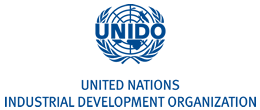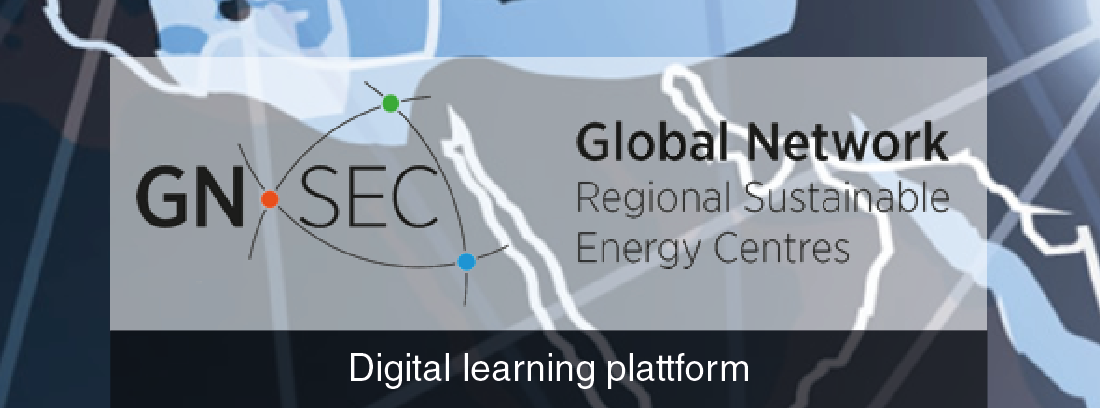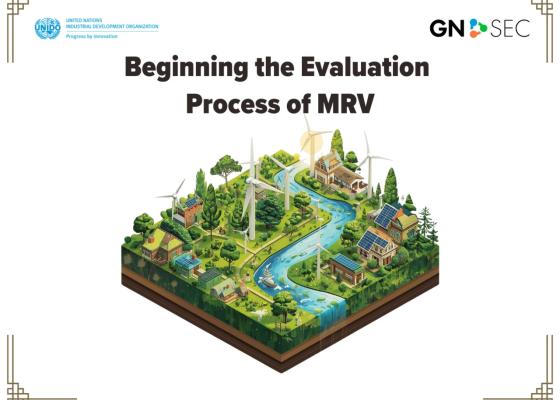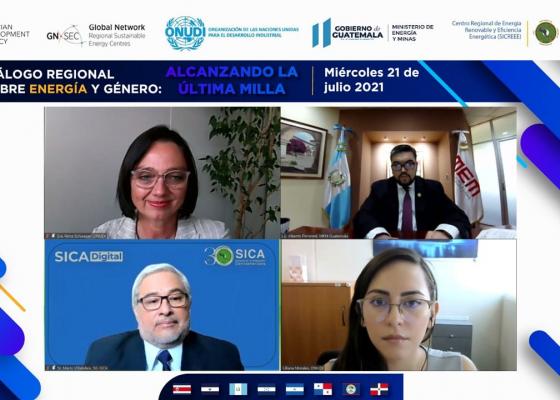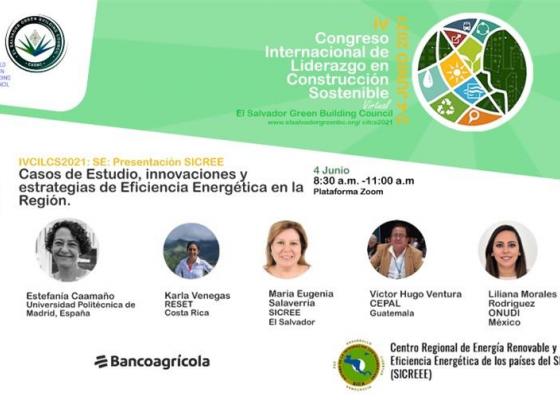Objective and Mandate
General Objective
Contribute to the promotion of RE&EE at the regional level for the implementation of transformative projects at industrial, commercial, services and residential sector; that support the innovative technologies markets.
SICREEE’s Mandate
The SICREEE has been established by the SICA’s Council of Energy Ministers under the following geographic scope of intervention:
- Support actions and execute activities related to renewable energy and energy efficiency at a national, multi-country and/or regional level.
- Focuses on activities and projects that have a high potential to expand its coverage and allows its regional replication.
- Works in urban and rural areas, emphasizing on decentralized RE&EE technologies and services for rural areas related to the agricultural sector.
Additionally, the Centre promotes the following energy technologies/solutions:
-
High energy efficiency technologies.
-
Technologies for the energy generation based on renewables, included hybrid systems mainly based on RE.
-
Includes cross-cutting issues, such as the incorporation of environmental assessments and standards for planning and approval of actions, products, the energy-water-food nexus, gender integration and the circular economy, among others.
-
Use of urban and agricultural waste for energy generation.
-
Small and medium-scale hydroelectric projects
-
Geothermal (due to the high potential of the region to generate significant amounts of energy and heat)
-
Actions on biofuels that proved to be sustainable. In this context, SICREEE considers second generation biofuels that do not compete with food crops for available land.
SICREEE’s Key Actors
-
General Secretariat of the Central American Integration System (SG-SICA).
-
Governmental institutions
-
Ministries
-
Electrification agencies
-
Private, public or public-private companies (SMEs, ESCO and others).
-
Municipalities
-
Individual Consultants and project developers
-
Academic institutions
-
NGOs and cooperatives
-
Civil society
-
International organizations
Technical Approach
The SICREEE focuses on 2 main areas:
Renewable energy
-
Bioenergy (efficient stoves, power generation)
-
Biofuels (biodiesel, bioethanol)
-
Biogas
-
Waste to energy
-
-
Geothermal energy
-
Hydroelectric power plants (medium, small, micro, peak)
-
Solar energy
-
Photovoltaic (on/off-grid, lighting, pumping and others)
-
Solar thermal energy (water heating, cooling, heat, solar stove and dryers)
-
-
Wind power
-
Tidal energy
-
Energy Access: mini hybrid networks, isolated systems and others
-
Sustainable energy storage (batteries, hydrogen)
Energy Efficiency
-
Sustainable mobility
-
Efficient teams
-
Sustainable and smart buildings
-
Cleaner production (industry, SMEs)
-
Smart electrical grids (transmission and distribution).





